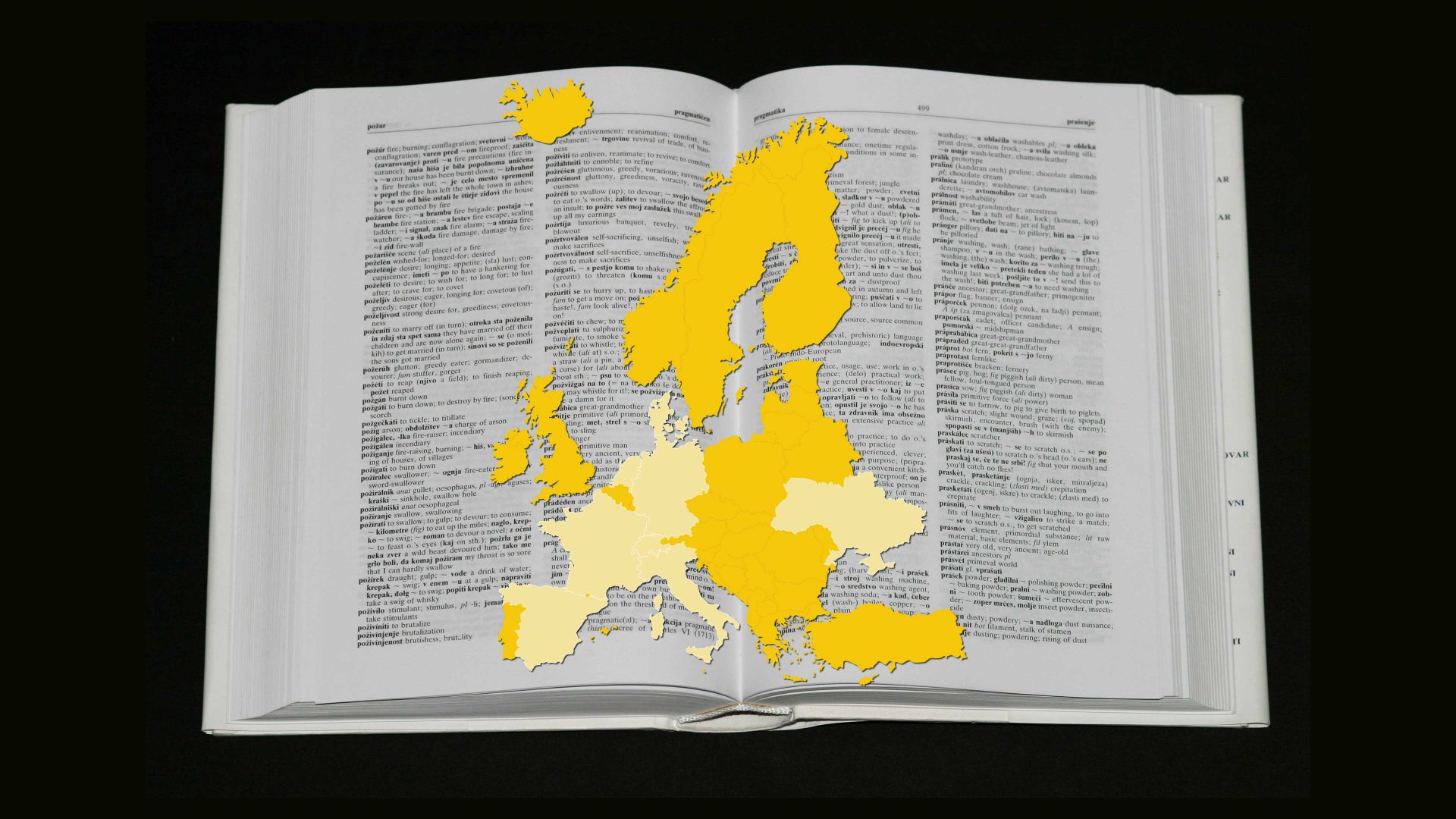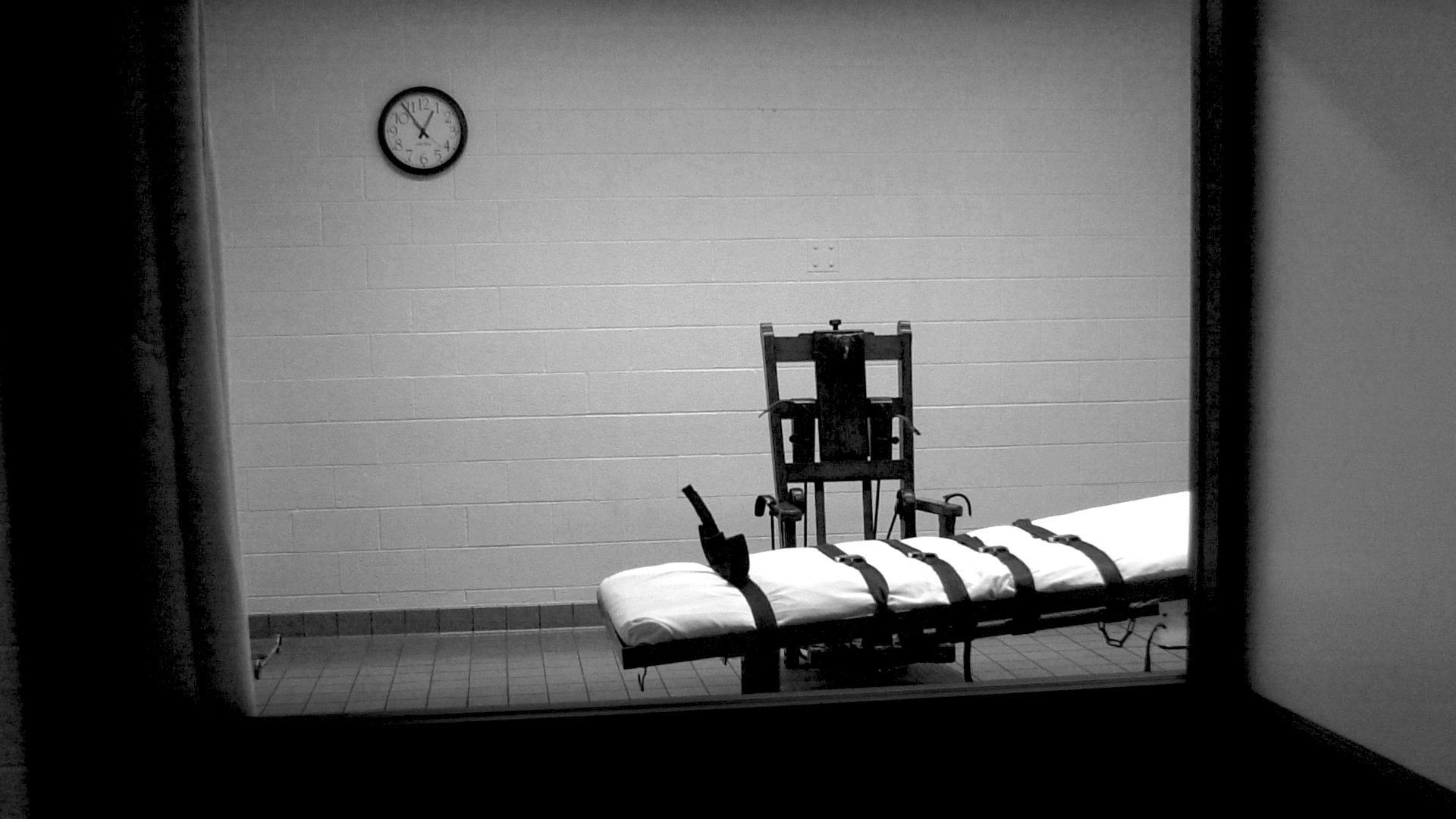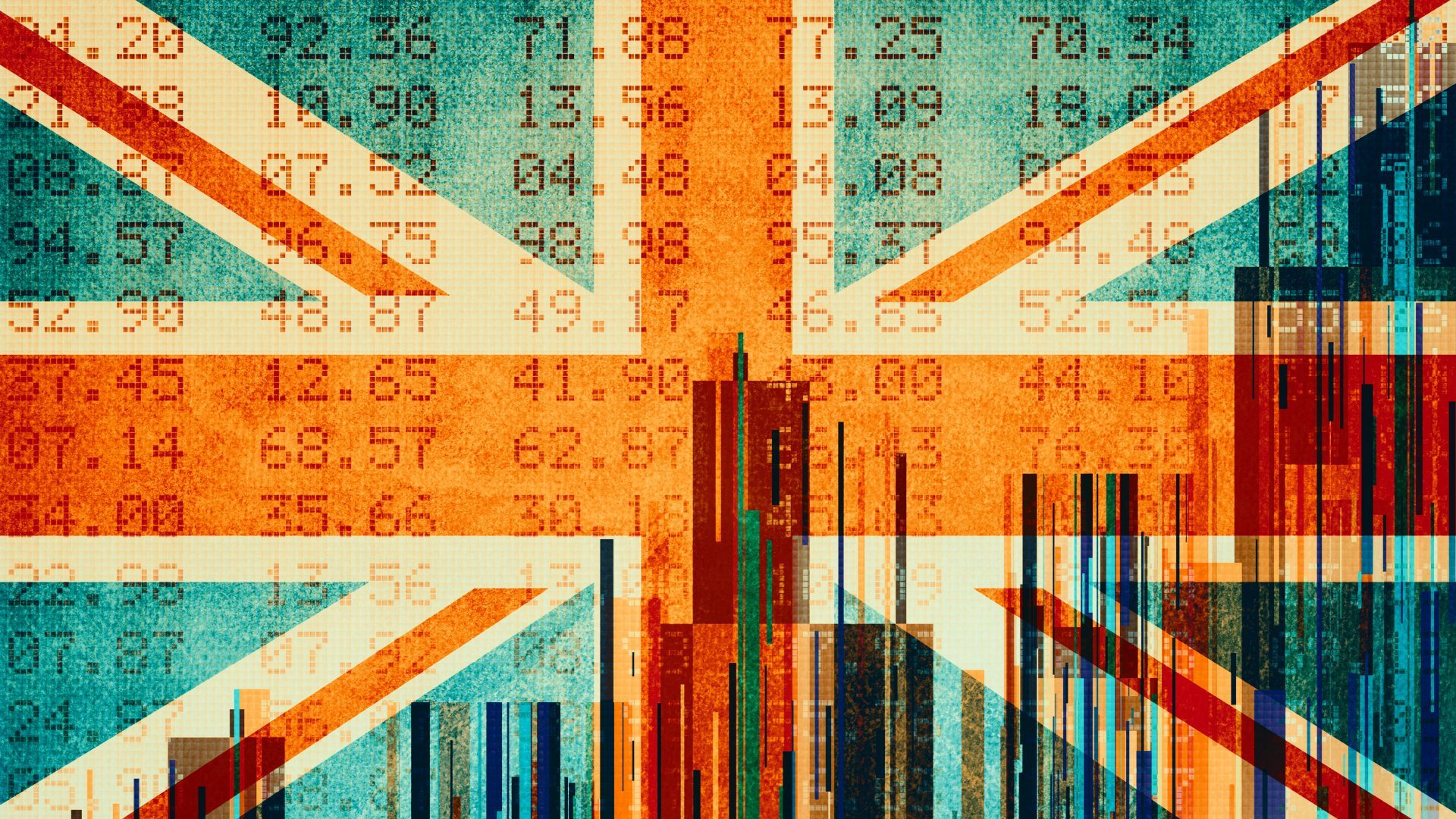NETHERLANDS
The phrase “Actieve herinnering” – the idea of having an “active memory” of an event – is entering the Dikke Van Dale dictionary for the first time after overuse by politicians, especially the prime minister, Mark Rutte. The leader of the People’s Party for Freedom and Democracy tends to say that he has “no active memory” of past events that are politically embarrassing, including a ministerial memo that suggested MP Pieter Omtzigt be moved to a new job, and whether or not Rutte’s former ally, Halbe Zijlstra, had told him about meeting Vladimir Putin. Dutch courts have reported defendants picking up the phrase, and a book has been published titled I have no active memory of that – Rutte’s memoirs. Its pages are completely blank.
FRANCE
The pandemic was responsible for many of the 170 words added to the latest edition of le Petit Larousse dictionary, including “Télétravailler” – working from home – and “Réa”, meaning intensive care and short for “Réanimation”. Other new entries with no link to Covid-19 included “plasticroûte” (a blue crust of plastic formed on coastal rocks), “Grossophobie” (a discriminatory attitude towards obese people) and “nounounerie” (a slang term used to describe something silly).
SPAIN
The Fundación del Español Urgente, a campaign group that aims to promote use of the native language rather than Anglo-Americanisms, is urging Spaniards to use the expression “hacer luz de gas” instead of gaslighting, which describes a form of psychological manipulation in which the victim is persuaded that they are wrong or going mad. Spanish online shoppers should also take note that the FEU also prefers “ciberlunes” to Cyber Monday. However, things work both ways – “queso” (cheese), “carnitas” (a braised pork taco filling) and “horchata” (a rice milk drink) are all now playable in UK and US Scrabble.
DENMARK
Mette Frederiksen might still be Denmark’s prime minister after a close general election, but one word used to criticise her during the campaign – “Magtfulkommenhed”, meaning the haughty assumption of absolute power – has been added to the country’s dictionary, Den Danske Ordbog. While more and more English and American slang terms like FOMO (fear of missing out) and dramaqueen are directly included without translation, those offended by this will be happy to see “Anglofobi” (Anglophobia) and “antiamerikanske” (anti-American) making their entries too. New phrases include “gøre naller” – literally to make teddies – which means that something hurts.
SWITZERLAND
“Strommangellage” (an energy shortage), “Schutzstatus S” (the immigration status that allows Ukrainian refugees to live and work in Switzerland for a year) and “Frauen-Ticket” (an all-woman shortlist) have been voted the words of the year by speakers of Swiss-German, used by 63% of the population. Female-only shortlists are a hot issue in the country with the government being urged to use them to replace two top ministers – including veteran left winger Simonetta Sommaruga – who are stepping down from the seven-member Swiss cabinet later this month.
ITALY
New words in Italy’s Treccani dictionary reflect our uncertain times, with “autosorveglianza” (self-surveillance, as in regular health/ Covid testing), “guerra ibrida” (hybrid warfare, combining cyber attacks with the use of weapons and soldiers) and “distanziamento sociale” (you can probably guess) all listed. No wonder we are in need of some “fantareale” (fiction that mixes plausible events and fantastic elements). Also noteworthy is the Treccani ditching its tradition of listing the masculine forms of nouns and adjectives before the feminine. Listings are now in alphabetical order, so when looking up the word “beautiful”, the feminine “bella” comes before the masculine “bello”. The masculine “casalingo” (house husband) has been added to “casalinga” (housewife).
GERMANY
“Smash” – meaning to have sex with someone – has been named the German youth slang word of 2022, reflecting the increasing popularity of English colloquialisms among young Germans. Last year’s winner of the Jugendwort des Jahres, awarded every year by the publishing company Langenscheidt, was the English word “cringe”, despite it having a direct German equivalent, “Fremdschämen”. “Smash” won this time because of the popularity in Germany of the app game “Smash or Pass”. Runners-up were “bodenlos” – meaning unfathomably terrible – and “Macher”, someone who gets things done.
UKRAINE
One word on every Ukrainian’s lips in 2022 has been “Pашизм”, or Russian fascism. Though translated in English as “Rucism”, it actually sounds like “fascism”, with an “r” sound rather than the “f” at the start. It has been officially endorsed by the president, Volodymyr Zelensky, who explained: “The word is new, but the actions are the same as they were 80 years ago in Europe. Because for all of these 80 years, if you analyse our continent, there has been no barbarism like this. So Rucism is a concept that will go into the history books.



